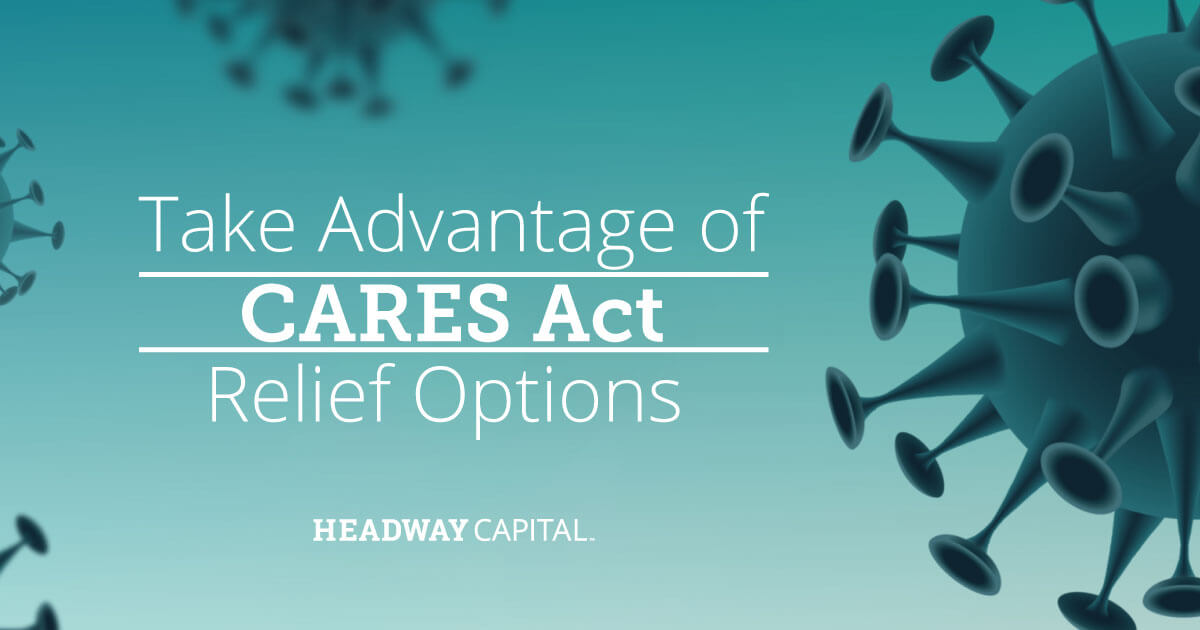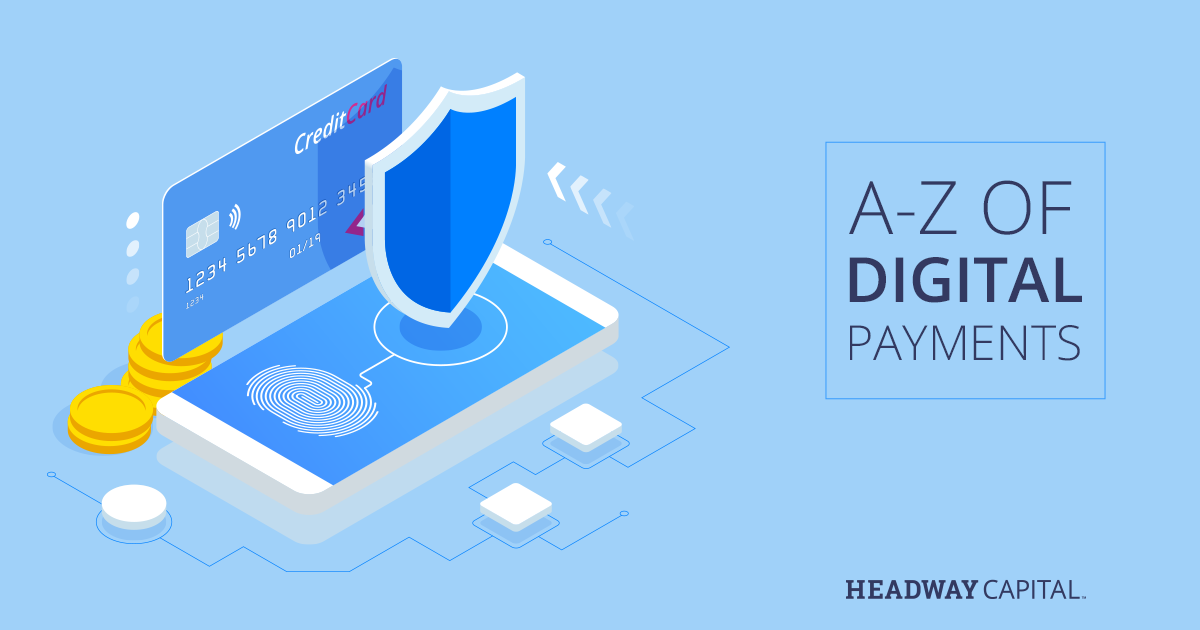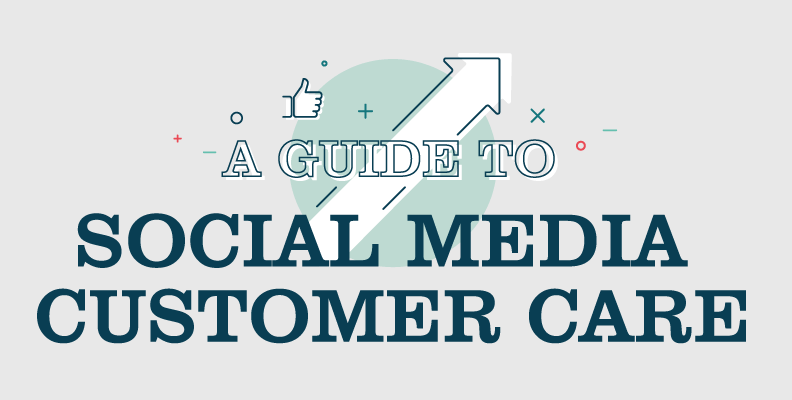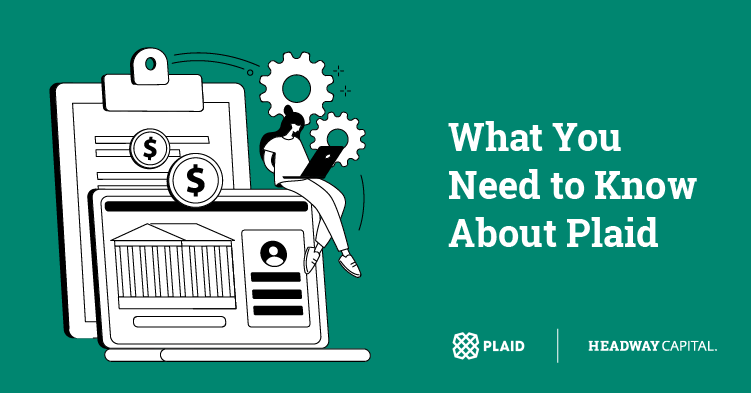What the CARES Act Means for Your Business
Small businesses make up many of the entities that have been most impacted by COVID-19. A recent study found that 76% of small businesses have been negatively impacted by the outbreak of the pandemic (and the subsequent economic fallout).1 If you’re the owner of one such business, you need to find ways of addressing the losses for your business and employees. While details and information regarding COVID-19 relief have been somewhat fluid, here is what we know at this time.
- The federal government passed the Coronavirus Aid, Relief, and Economic Security Act (CARES Act) on March 27. It’s a $2 trillion relief package that addresses many areas of society, including $377 billion set aside to help small businesses.
- Nearly $350 billion of that amount is for the Paycheck Protection Program (PPP), that would offer loans that come with a rate of just 1% and carry a term of 2 years. PPP loans are 100% backed by the government, but they’ll be funded through SBA-approved lenders, including banks, credit unions and online lenders.
- In order to qualify, businesses and nonprofits must have fewer than 500 total employees, including all affiliates, subsidiaries and companies under common ownership. Some exceptions apply for small businesses in the food service sector, franchises and SBIC-financed businesses.
- The amount a company qualifies for varies based on their payroll. To get your number, multiply your 2019 average monthly payroll expense by 2.5. Be sure to factor in all compensation, including salaries, wages, commissions, healthcare and insurance premiums.
- A portion of the PPP loans can be forgiven. Subject to certain restrictions, the portion of the loans eligible for forgiveness can include payments made during the 8-week period following your loan funding (the 8 weeks cannot go beyond June 30, 2020) for the following: payroll and benefits, interest payments on mortgages, rent payments, health insurance, and utility payments.
- PPP loans were made available starting April 3, however many lenders weren’t ready to service the influx of applicants or fund the volume of requests on that date. As mentioned earlier, the process is somewhat fluid — so check with your financial institutions for the most up-to-date information.
- The CARES Act also includes Economic Injury Disaster Loans (EIDL). These are the only form of SBA assistance not specifically for small businesses. With these, businesses and private, non-profit organizations can receive up to $2 million in financial assistance based on the amount of financial damage experienced by the business. Rates and terms will vary based on loan amount, but they are designed to come with low and manageable rates.
- Small businesses must have sustained economic injury and be located in a disaster-declared county or contiguous county to be eligible for an EIDL.2
- You can apply for both Economic Injury Disaster Loans and a Payroll Protection Program Loan, but there may be no duplicate use for the funds.
- Both PPP loans and EIDLs will be unsecured and require no personal guarantees. You may also be able to defer payments for up to 6 months.
- Finally, there are Emergency Economic Injury Grants. Due to the substantial volume of applicants (and slowed processing/funding timelines) for the PPPs and EIDLs, the SBA is also offering $10,000 grants to business owners that apply for the EIDL — with the ability to receive the funds within 3 days. These can provide a lifeline for those businesses who need it fast.
- You can apply for the PPP, EIDL and the grant on SBA.gov or through a local SBA office.
References
1NFIB. (2020). NFIB Study: COVID-19 Impact on Small Business: Part 2.
2Benefits.gov. (n.d.). Economic Injury Disaster Loans.






